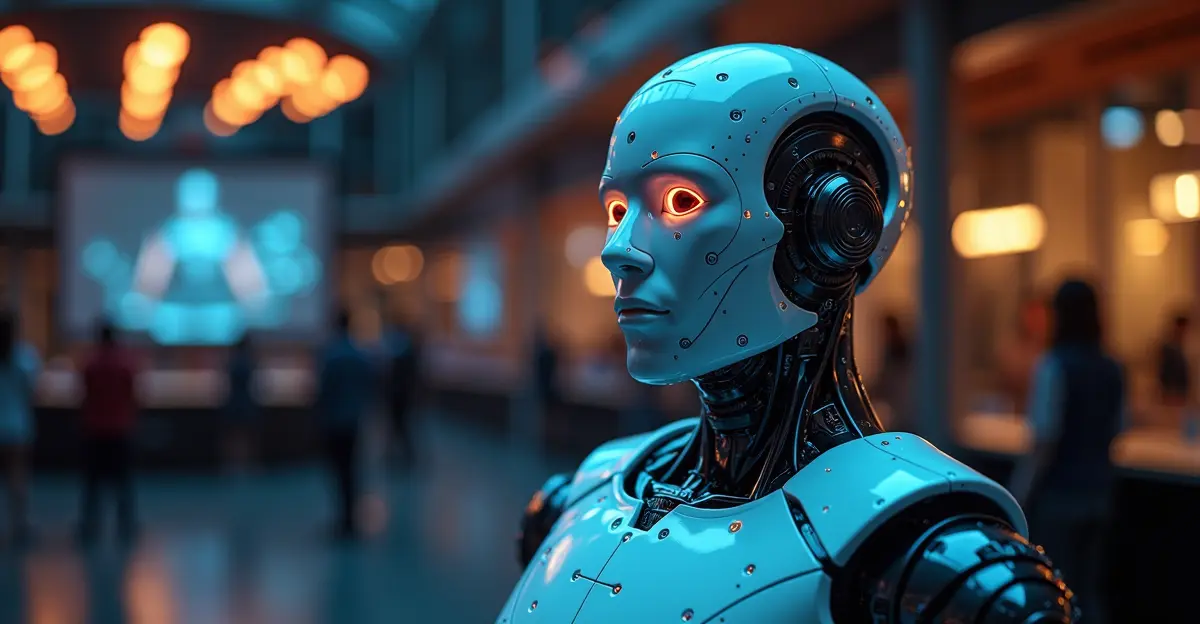
The AI Film Revolution Has Arrived
Major Hollywood studios are increasingly turning to artificial intelligence to revolutionize movie production, with AI-generated scripts and animation becoming the new frontier in filmmaking. What started as experimental projects has now evolved into mainstream production techniques that are reshaping the entire entertainment industry.
Scriptwriting Revolution
Leading studios including Warner Bros., Disney, and Netflix are deploying advanced AI systems for script development. These AI tools analyze thousands of successful screenplays, identifying patterns in dialogue, plot structure, and character development that resonate with audiences. The technology can generate complete scripts or provide writers with creative suggestions and alternative scene options.
"We're seeing AI systems that can not only write coherent dialogue but understand emotional arcs and comedic timing," explains Dr. Sarah Chen, AI researcher at MIT Media Lab. "The technology has advanced from simple text generation to understanding narrative structure and audience psychology."
Animation Breakthroughs
In animation, AI is transforming production pipelines. Traditional animation that required months of manual work can now be completed in weeks. AI systems can generate character movements, facial expressions, and even entire environments based on text descriptions or rough sketches.
Pixar and DreamWorks have integrated AI tools that can animate complex scenes with realistic physics and lighting effects. The technology analyzes real-world physics and applies them to digital characters, creating more believable movements and interactions.
Cost and Time Savings
The adoption of AI in film production is driven by significant cost reductions. Studios report up to 40% savings in animation costs and 30% reduction in production timelines. This efficiency allows for more experimental projects and diverse storytelling approaches that might not have been financially viable previously.
However, the transition hasn't been without controversy. Writers' unions and animation professionals have expressed concerns about job displacement and the potential homogenization of creative content.
Ethical Considerations
The industry faces important questions about copyright, creativity, and the role of human artists. While AI can generate content efficiently, the debate continues about whether AI-created works can truly be considered "art" in the traditional sense.
Major studios are establishing ethical guidelines for AI use, ensuring that human creativity remains central to the process while leveraging AI as a powerful tool rather than a replacement for human talent.
As the technology continues to evolve, the film industry stands at a crossroads between technological innovation and artistic integrity, with AI-generated movies representing both incredible opportunity and significant challenge for the future of entertainment.

 Nederlands
Nederlands English
English Français
Français Deutsch
Deutsch Español
Español Português
Português


